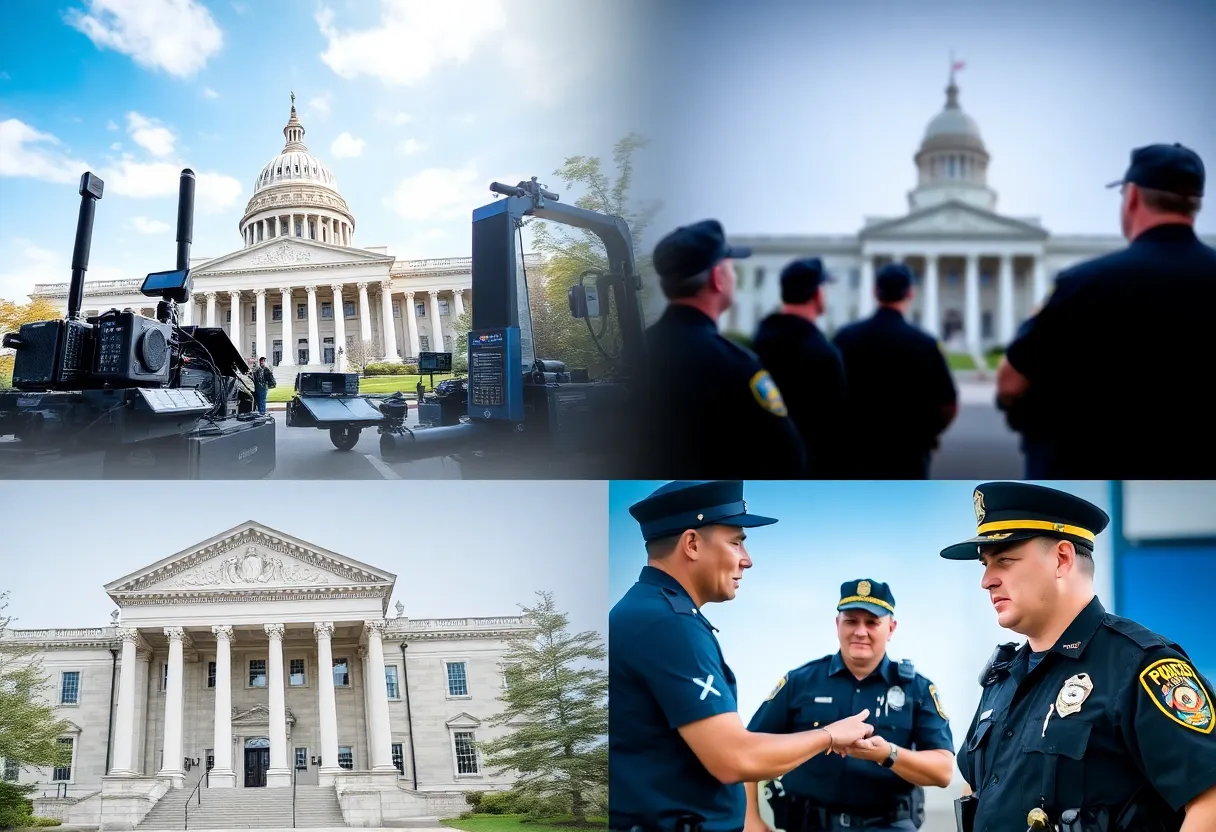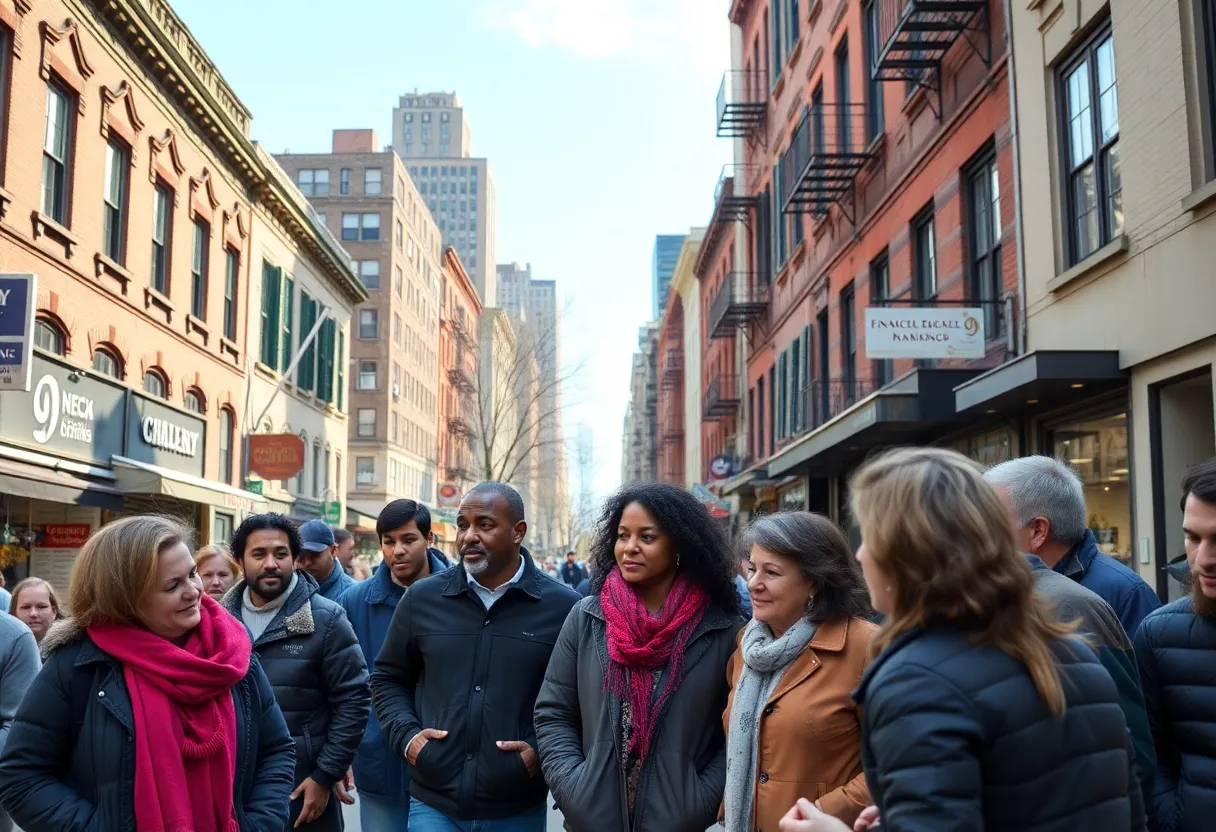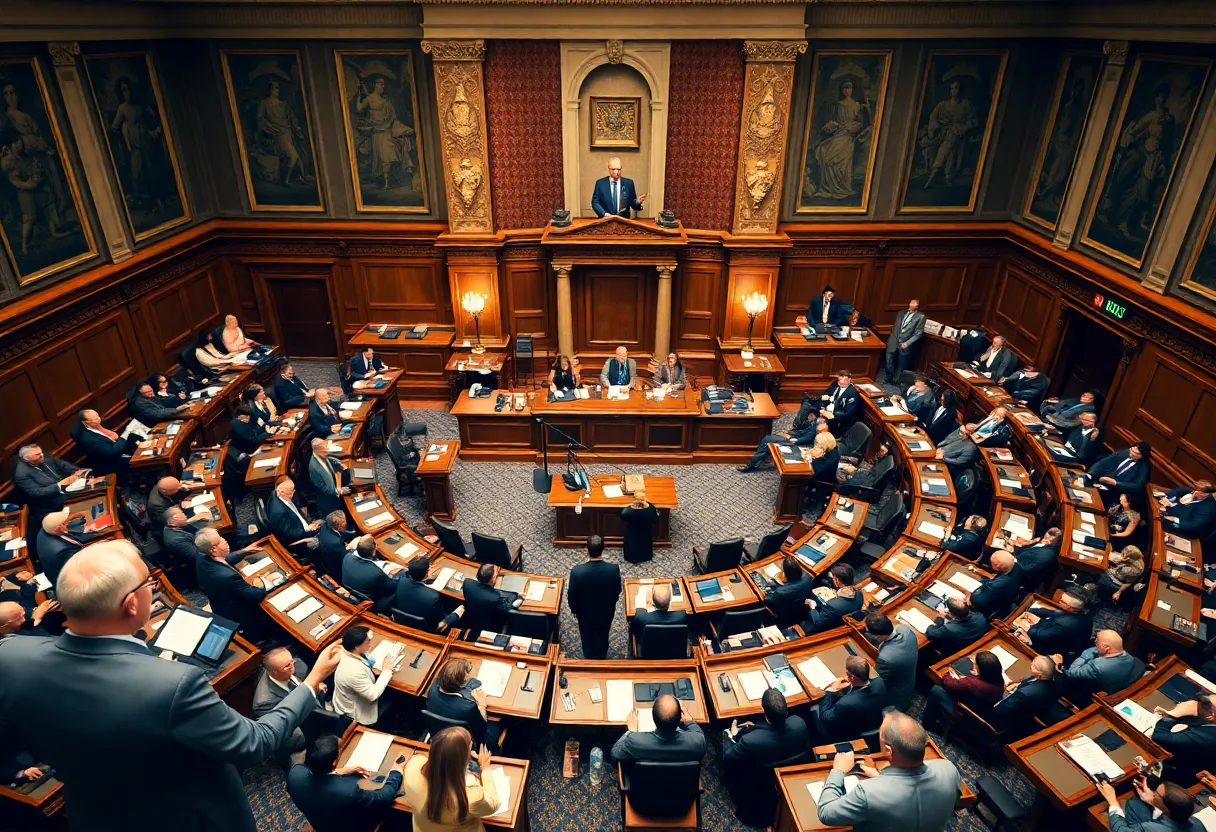News Summary
New York state lawmakers have passed the Keep Police Radio Public Act, ensuring public access to police communications despite the NYPD’s encryption proposal. The act, supported by both the Senate and Assembly, seeks to balance transparency with privacy for ongoing investigations and the safety of law enforcement officers. Advocates believe this legislation promotes public accountability while addressing concerns around police transparency and access to critical information for journalists.
New York state lawmakers have passed a significant piece of legislation aimed at ensuring public access to police communications. This follows the New York Police Department’s (NYPD) proposal to encrypt its radio broadcasts, which raised concerns among press advocates and local officials. The newly approved Keep Police Radio Public Act is expected to head to Governor Kathy Hochul for final approval after successfully passing both the state Senate and Assembly.
The act is designed to maintain real-time access to police radio communications for emergency services organizations and reporters. It explicitly states that while sensitive information will remain private, the transparency of police operations will be enhanced. The Assembly voted 89-55 in favor of the bill, with some dissent from within the Democratic Party. The Senate also approved it with a vote of 38-22, mainly along party lines.
Senator Michael Gianaris, a key proponent of the bill, emphasized that the measure strikes a necessary balance between transparency and the safeguarding of sensitive information. He stated that retaining access to police communications is essential for ensuring a free press and promoting public accountability. Assemblymember Karines Reyes sponsored the legislation in the Assembly and hailed the final vote as a victory for both transparency and public safety.
The backdrop to this legislation is the NYPD’s move initiated in late 2023 to fully encrypt its radio broadcasts as part of a system upgrade. Critics argue that this transition has severely impeded journalists’ ability to cover breaking news and has reduced the overall flow of public information. Since the encryption was implemented, reporters have faced challenges in obtaining real-time updates on police incidents, leaving them in the dark until official reports are released by the police. Concerns about the encryption have emerged from various quarters, with media organizations such as the New York Media Consortium and the News Guild of New York openly supporting the new bill.
In response to the backlash, the NYPD maintained that encryption is essential for protecting law enforcement officers and ensuring the privacy of victims and witnesses. They have asserted that providing real-time access to police communications could pose significant risks to officer safety. However, critics argue that alternative solutions should have been considered, such as implementing delayed broadcasts instead of outright shutting off public access to police communications.
Governor Hochul’s office has not offered any public statements regarding the bill, indicating that she will closely review all legislation that has been passed by both chambers of the New York legislature. If signed into law, the Keep Police Radio Public Act would apply to police agencies throughout the state.
Despite the approval of this new legislation, there are ongoing discussions around the NYPD’s policies concerning transparency and the release of body-worn camera footage. The department has reportedly made progress on this front by releasing footage of critical incidents within 30 days, albeit with necessary redactions to maintain privacy and ongoing investigations. Advocacy continues for timely access to such footage and the public’s right to film police while they are on duty.
As the bill awaits the governor’s signature, advocates for press freedom and public accountability remain hopeful that this legislation will enhance public access to critical information regarding police operations in New York, ultimately fostering greater transparency and trust between law enforcement agencies and the communities they serve.
Deeper Dive: News & Info About This Topic
- AP News: NY police encrypt radio communications
- Wikipedia: Transparency in law enforcement
- AM New York: State Legislature passes Keep Police Radio Public Act
- Google Search: police radio transparency New York
- NY Daily News: Let the public listen in
- Google Scholar: public access to police communications
- City and State NY: Editor’s Note on Keep Police Radio Public Act
- Encyclopedia Britannica: Press freedom
- VIN News: NY lawmakers vote to block NYPD from hiding communications
- Google News: Keep Police Radio Public Act








